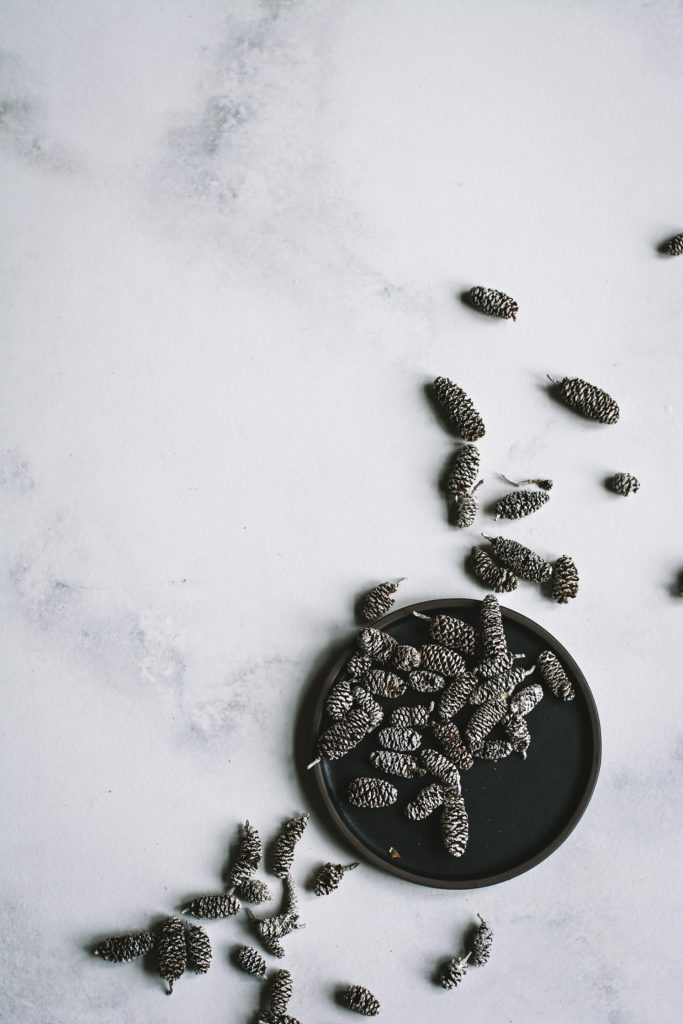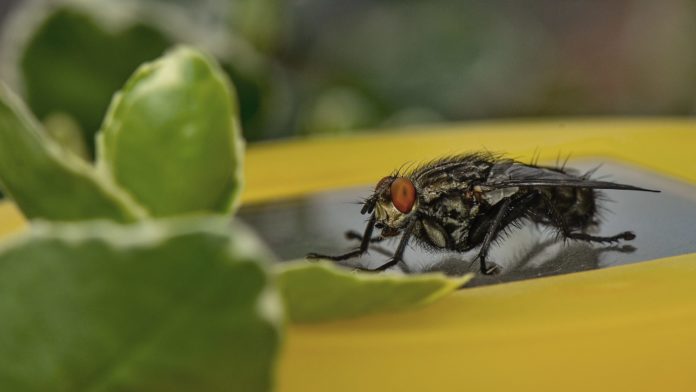I’m going to take a chance and assert that many eaters likely want to avoid insect parts, rodent feces or fly eggs in their meal. But according the Food and Drug Administration, that’s just not possible.
For example, in whole ginger, the FDA allows:
- Up to three milligrams or more of mammalian excreta (i.e. mouse poop) per pound.
- In peanut butter, the agency allows an average of fewer than 30 insect fragments per 100 grams—about a quarter of your average jar.
- This obviously gives a new meaning to the label “Crunchy in your peanut butter jar.”
- In tomatoe juice, the FDA allows for up to 10 Drosophila (fruit) fly eggs, or one maggot per 100 grams.
- In Brussel sprouts The agency allows for an average of up to 30 aphids (also known plant lice) and or thrips (tiny winged pests) per 100 grams.

- the FDA does explicitly detail an allowable percentage of cigarette butts in food. One would hope that could be avoidable. But it does allow for the inclusion of “Foreign Matter” in select foods which, according to their definition can be “objectionable matter such as sticks, stones, burlap bagging, cigarette butts, etc. Also includes the valueless parts of the raw plant material, such as stems.” Spices like pepper and mace are also allowed to have trace elements of these things.
- The FDA uses a highly scientific term– “Mammalian excreta”-– to describe any type of rodent fecal matter. Whatever you call, it’s prevalent in modern food. It can be found in spices like oregano, sage, thyme and fennel seeds. And trace amounts, up to 9 mg per pound, can be found in cocoa beans.
“Most food on the shelves contains levels that are considerably lower than what is allowed because companies have their own safety inspection units. Food defects are not things that cause people to get sick,” food safety specialist Benjamin Chapman told LiveScience. “Chemicals like pesticides, metals or disease-causing organisms, such as Salmonella or E. coli are the real contaminants.”
© Copyright – Hector Sectzer

















